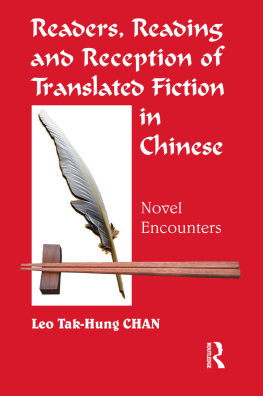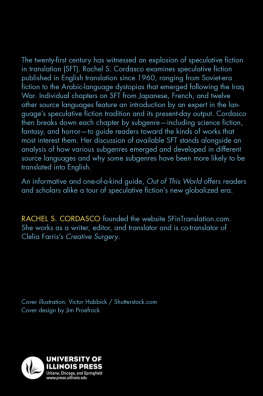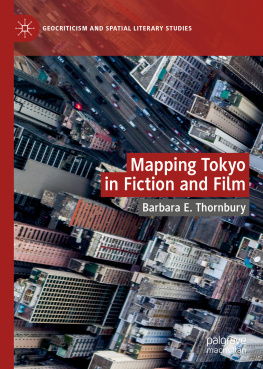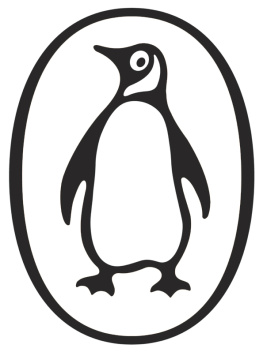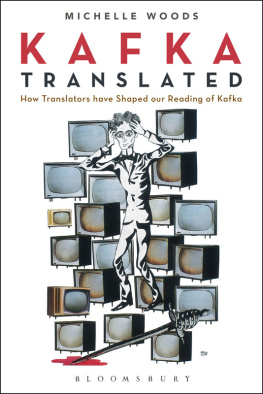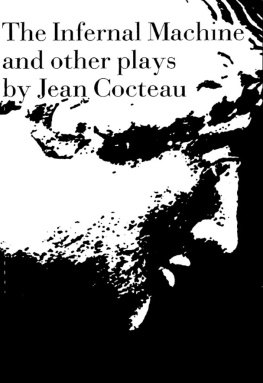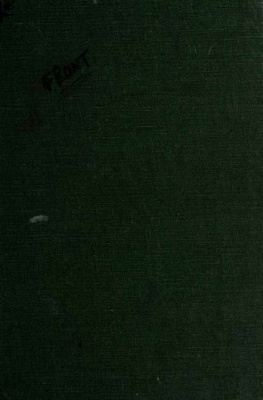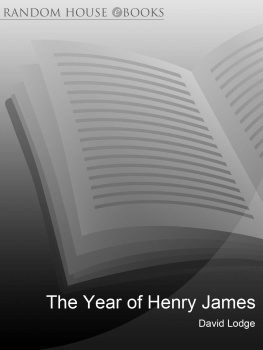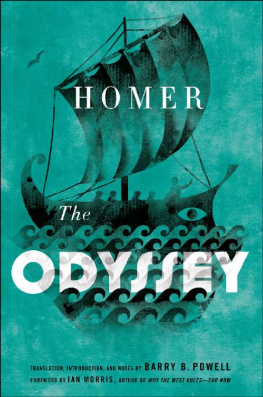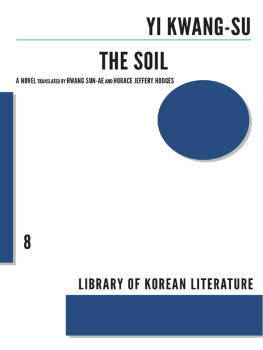
Readers, Reading and Reception of Translated Fiction in Chinese
Novel Encounters
Leo Tak-Hung Chan

First published 2010 by St. Jerome Publishing
Published 2014 by Routledge
2 Park Square, Milton Park, Abingdon, Oxon OX14 4RN
711 Third Avenue, New York, NY 10017, USA
Routledge is an imprint of the Taylor & Francis Group, an informa business
Leo Tak-Hung Chan 2010
All rights reserved. No part of this book may be reprinted or reproduced or utilised in any form or by any electronic, mechanical, or other means, now known or hereafter invented, including photocopying and recording, or in any information storage or retrieval system, without permission in writing from the publishers.
Notices
Knowledge and best practice in this field are constantly changing. As new research and experience broaden our understanding, changes in research methods, professional practices, or medical treatment may become necessary.
Practitioners and researchers must always rely on their own experience and knowledge in evaluating and using any information, methods, compounds, or experiments described herein. In using such information or methods they should be mindful of their own safety and the safety of others, including parties for whom they have a professional responsibility.
To the fullest extent of the law, neither the Publisher nor the authors, contributors, or editors, assume any liability for any injury and/or damage to persons or property as a matter of products liability, negligence or otherwise, or from any use or operation of any methods, products, instructions, or ideas contained in the material herein.
ISBN 13: 978-1-905763-19-1 (pbk)
Typeset by
Delta Typesetters, Cairo, Egypt
British Library Cataloguing in Publication Data
A catalogue record of this book is available from the British Library
Library of Congress Cataloging-in-Publication Data
Chan, Tak-hung Leo, 1954
Readers, reading and reception of translated fiction in Chinese novel encounters / Leo Tak-Hung Chan.
p. cm.
Includes bibliographical references and index.
ISBN 978-1-905763-19-1 (pbk. : alk. paper)
1. English fiction--20th century--Translations into Chinese--History and criticism. 2. English language--Translating into Chinese. 3. Translating and interpreting--China. 4. English fiction--Appreciation--China. I. Title.
PR137.C6C43 2010
823.9108--dc22
2010014276
Readers, Reading and Reception of Translated Prose Fiction in Chinese
Novel Encounters
Leo Tak-Hung Chan
Translated fiction has largely been under-theorized, if not altogether ignored, in literary studies. Though widely consumed, translated novels are still considered secondary versions of foreign masterpieces. Readers, Reading and Reception of Translated Fiction in Chinese recognizes that translated novels are distinct from non-translated novels, just as they are distinct from the originals from which they are derived, but they are neither secondary nor inferior. They provide different models of reality; they are split apart by two languages, two cultures and two literary systems; and they are characterized by cultural hybridity, double voicing and multiple intertextualities.
With the continued popularity of translated fiction, questions related to its reading and reception take on increasing significance. Chan draws on insights from textual and narratological studies to unravel the processes through which readers interact with translated fiction. Moving from individual readings to collective reception, he considers how lay Chinese readers, as a community, received translated British fiction at specific historical moments during the late twentieth and early twenty-first centuries. Case studies discussed include translations of stream-of-consciousness novels, fantasy fiction and postmodern works. In addition to lay readers, two further kinds of reader with bilingual facility are examined: the way critics and historians approach translated fiction is investigated from structuralist and poststrcuturalist perspectives.
A range of novels by well-known British authors constitute the core of this study, including those by Oscar Wilde, James Joyce, D.H. Lawrence, Virginia Woolf, John Fowles, Helen Fielding and J.K. Rowling.
Leo Tak-hung CHAN is Professor and former Head of the Department of Translation, Lingnan University, Hong Kong. His recent scholarly works include The Discourse on Foxes and Ghosts: Ji Yun and Eighteenth-Century Literati Storytelling (University of Hawaii Press, 1998), One into Many: Translation and the Dissemination of Classical Chinese Literature (edited collection; Rodopi, 2003) and Twentieth-Century Chinese Translation Theory (John Benjamins, 2004).
Contents
PART I
INTERACTNG WITH TEXTS: THE TARGET READER
PART II
HISTORIES OF RECEPTION: THE GENERAL READER
PART III
CRITICAL AND DESCRIPTIVIST READINGS: THE SPECIAL READER
Figures
As a study of a largely ignored breed of readers, this book owes a great debt to many who perused it before it appeared in publishable form. I am deeply grateful to the first reader of the complete manuscript, Mona Baker, for her unstinting support, patient encouragement and judicious advice through a lengthy period in which I wrestled with several drafts. She is simply the dream editor of many an author. Keeping guard at the other end is my long-time mentor Eugene Eoyang, who, in his review of the final draft, prompted me to rethink some key issues and contributed greatly to enhancing its readability. The degree to which his work on the translation reader has informed mine is more than evident from the many references to him in the present study. An anonymous reviewer commissioned by St. Jerome was also enormously helpful with regard to matters of argumentation and presentation, making bold suggestions on how to reorganize the book. Among the major changes made subsequently was the removal of an entire chapter on one of the most translated novelists of all time, Haruki Murakami. That, however, has become the starting point of my next project.
This book began some fifteen years ago with a conference paper delivered at the City University of Hong Kong on the translators narrator. I still vividly remember William MacNaughton, a former colleague, endorsing my approach with unrestrained enthusiasm. Since then I have returned sporadically to the theme of how translated fiction is read, giving presentations at various overseas conferences (at Sheffield, Birmingham, Aberdeen, Amherst, Penn State, Lima and Istanbul, among others), where I benefited from questions raised by colleagues and research students. More recently, as I pondered on the relevance of the book-history approach to my subject, I have had opportunities to put forth my arguments, as well as defend my position, at the Chinese University of Hong Kong and Hong Kong Baptist University at the kind invitations of Chan Sin-wai and Martha Cheung, respectively. The theoretical framework for the book was expounded in two keynote speeches given at two international symposia on translation, held in Chengchi University (2007) and Fo-guang University (2008). I am thankful not only to the organizers, Christopher S. Chang and Chen Peng-hsiang, for the interest they take in my work, but also to the responsive audiences who made the two occasions so memorable. Among colleagues who have commented on my presentations, I should like to thank Chu Chi-yu, Marin Glik, Edwin Gentzler, Nicholas Koss, Jane Lai, Anthony Pym, Tan Zaixi, Yau Wai Ping and Zhu Chunshen. Christy Dena, Suzanne Keen, Nirmala Menon, Robert Livingston and Tamar Yacobi all affiliated with the Society for the Study of Narrative Literature deserve thanks for responding so enthusiastically to my queries on translated fiction.
Next page
